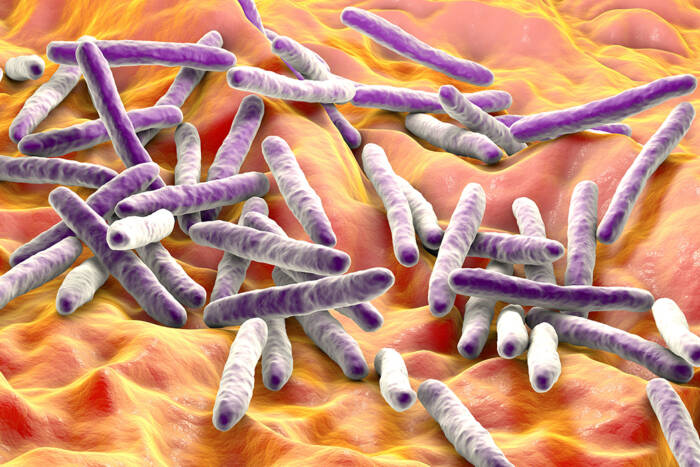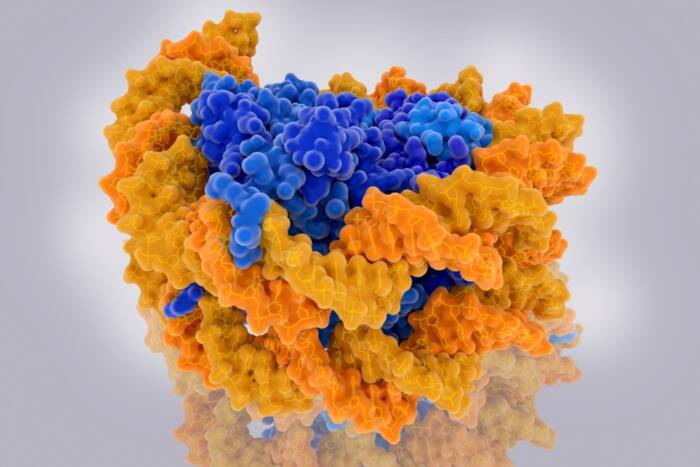Fifth annual teaching awards honor Hudspeth and Nottebohm
by TALLEY HENNING BROWN
 Those who can, teach. From left, Fernando Nottebohm, Paul Nurse and A. James Hudspeth at the Convocation Luncheon.
Those who can, teach. From left, Fernando Nottebohm, Paul Nurse and A. James Hudspeth at the Convocation Luncheon.
While more than 1,000 students have braved the rigors of scientific pursuit to earn Rockefeller University doctorates, the faculty who mentored them have braved some rigors of their own: years of difficult questions, wild experimentation and attentive collaboration. Two of those faculty were honored for their untiring efforts at this year’s Convocation Luncheon. A. James Hudspeth, head of the Laboratory of Sensory Neuroscience, and Fernando Nottebohm, head of the Laboratory of Animal Behavior, are the recipients of the 2009 Rockefeller University Distinguished Teaching Awards.
Instituted in 2005 to recognize outstanding individual contributions to the university’s educational environment, the teaching award is presented each spring to one or two faculty members. Chosen by a committee that includes the university’s scientific executive officers, awardees receive a plaque and a monetary gift.
Dr. Hudspeth was educated at Harvard University, where he received a bachelor’s degree in biochemistry in 1967, an M.D. in 1973 and a Ph.D. in 1974. After postdoctoral work at the Karolinska Institute in Stockholm, he conducted research and taught on the faculties of the California Institute of Technology, the University of California, San Francisco, and the University of Texas Southwestern Medical Center at Dallas, where he founded the school’s neuroscience program. Dr. Hudspeth came to Rockefeller in 1995 as the F.M. Kirby Professor and he also serves as director of the university’s F.M. Kirby Center for Sensory Neuroscience.
Dr. Hudspeth studies the intricate system that enables hearing in humans and animals. His laboratory has made much progress in understanding sensorineural hearing loss, otherwise known as “nerve deafness.” Caused by damage to the hair cells of the inner ear, this type of hearing loss is usually permanent, as hair cells do not self-repair once they are injured. Beginning in 1998, Dr. Hudspeth has teamed with Albert J. Libchaber, head of the Laboratory of Experimental Condensed Matter Physics, in teaching four courses: Impact of Thermal Noise on Biological Processes; Statistical Mechanics: Information Theory and Computation; Materials and Life; and Genetic Information. Last year, when the Dean’s Office received numerous requests from students for an introductory neuroscience course, Dr. Hudspeth volunteered. When Fundamentals of Neuroscience was opened for enrollment, the class filled up in two days.
Dr. Nottebohm came to Rockefeller as assistant professor in 1967, the year after completing his Ph.D. at the University of California, Berkeley. He became associate professor in 1971 and professor in 1976 and now serves as the Dorothea L. Leonhardt Professor. He also directs the university’s Center for Field Research in Ethology and Ecology, the 1,200-acre plot in Millbrook, New York, where researchers study various organisms in their natural settings.
Dr. Nottebohm’s research focuses on the neural mechanisms that underlie a bird’s ability to learn its species-specific song. His work in vocal learning resulted in the discovery that certain kinds of neurons in the adult brain can regenerate. Dr. Nottebohm taught his first class at Rockefeller in 1970: Tutorial on Ethological Theory. Since then, he has organized a course in the neurobiology of learning and brain repair every other year. He is also actively engaged in the student recruitment process, leading weekend trips for potential students to the Center for Field Research.


